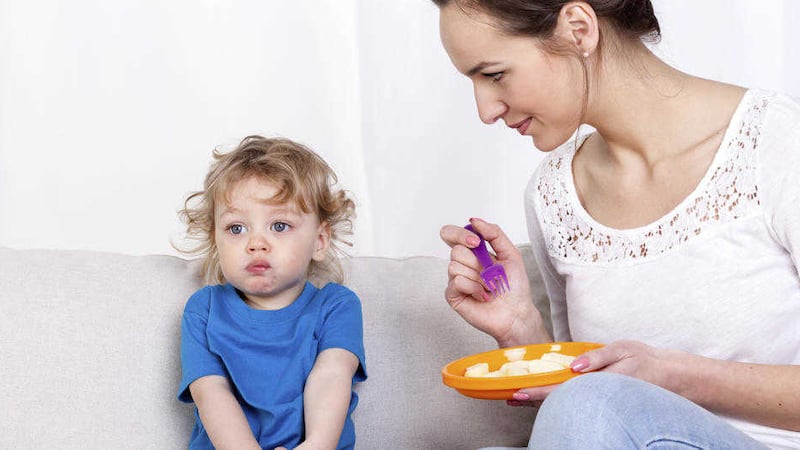Q: "I'm a very anxious person, and my anxiety is even worse because my four-year-old daughter has become a really fussy eater. Could my anxiety and her eating be linked?"
A: Lisanne de Barse, of Erasmus MC University Medical Centre in Rotterdam, Holland, has just led a study into the effect of a mother's depression and anxiety on her children's eating.
She says: "There's a link between anxiety of parents and fussy eating of the child. We found that anxious and depressed mothers have a slightly higher chance that their child will experience more difficult eating behaviour, but that doesn't mean that every anxious or depressed mother will get a fussy eating child.
"So, it might be possible that your anxiety is linked to your daughter's fussy eating, but it's also possible that other factors are involved. Nevertheless, it's advisable to seek proper professional guidance. It's also good to know that many children experience a phase of fussy eating, and usually this is part of normal development.
"In our study, we found that mothers' anxiety and depressive symptoms during pregnancy could have an influence on children's fussy eating. This was irrespective of mothers' symptoms in the child's preschool period.
"We also found indications that fathers' anxiety and depressive symptoms might influence children's fussy eating behaviour. However, we conducted a so-called observational study and therefore cannot draw firm conclusions about cause and effect.
"When parents experience anxiety or depressive symptoms, they should report this to their health practitioner, because it could have an impact not only on themselves, but also on their child."








